Speakers trace the progression of Urdu novels
International Urdu Conference session examines effect of Partition on literature
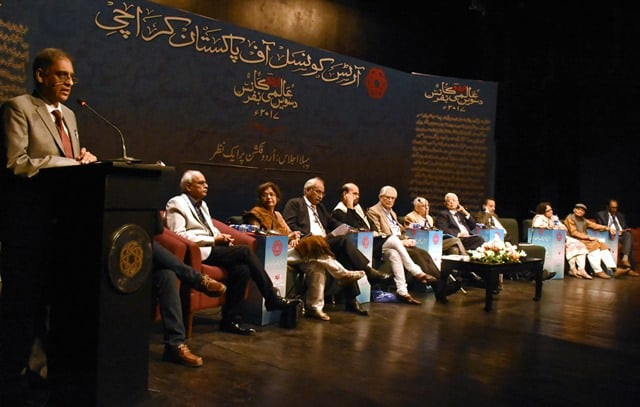
PHOTO: ATHAR KHAN/EXPRESS
Khan welcomed said that fiction is the name of the understanding of society. It is related to our past, specifically short stories and novels are reflections of post-Partition era, he said, adding that many writers write about Partition
Manzar said that it was the era of a generation who migrated from their land and missed the streets and houses where they played and were brought up.
He spoke about how Urdu novels were now exploring different avenues. “People were writing about what society was in pre-partition India and today we are writing what the new society is,” he said.
Ashar said philosophy and novels are interlinked - novels cannot be completed without philosophy, however, it depends on the author how much philosophy they bring into their work. “Our era is the post-truth era and we adopted all the philosophies from the West. We are not creating philosophy and literature yet and this is a big gap,” he explained.
'Urdu and other Pakistani languages suffering due to English'
Hussain said that many new novels and stories are more impressive than older work and it is an example of how we are progressing. He said that novels should not be documentaries, as we are seeing that some writers are just making documentaries or historical books instead of writing novels. “There should be a novelistic touch in the novel,” he explained.
Hina said that she sees gaps between progressive fiction and modern fiction, which should be discussed. Bashir said our children are more interested in English literature. “We push them in the world of English for our so-called progress in society. We separate them from Urdu and our social norms so they can discuss what is going on in the West but they don’t know Urdu or our social and cultural norms,” she said.
Ashfaq said that novels, history and philosophy are interrelated. A novel cannot be completed without history and it should also have a touch of philosophy, he said. Baig read his article on Urdu short stories and said that there are different dimensions and consequences of Urdu afsana. Every era has its own reflection but the most affected era was the era of Partition, which impacts our short stories, he said. This era bore Manto, Hasan Askari, Shahab, Mumtaz Mufti, Intazar Hussain and many other renowned writers, he added.
Shahid said that the question is whether we really got freedom. He theorized that we still may not be free; we just divided the Subcontinent into two parts.
Farukhi said that our novels are progressing but we have a lack of criticism. Urdu novels have been changing their dimensions for the last decade but the lack of criticism is not providing space to improve.

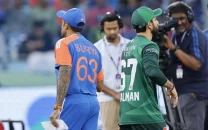
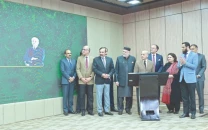
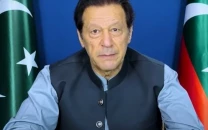
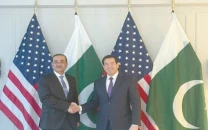














COMMENTS
Comments are moderated and generally will be posted if they are on-topic and not abusive.
For more information, please see our Comments FAQ